TRAINING GRANTS
2025-2026 TRAINING GRANT RECIPIENTS
TRAINEES
● CURRICULAR ENHANCEMENT IN PUBLIC HEALTH ENTOMOLOGY
"Summer training in vectors & vector-borne diseases"
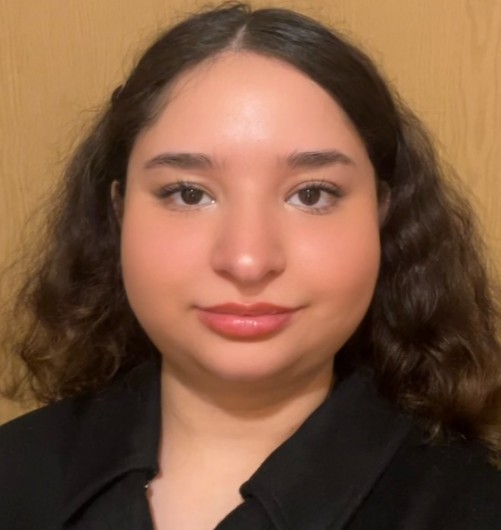
Marcela Calderon
Marcela Calderon is a first-generation Latina undergraduate student pursuing a Bachelor of Science in Environmental Health Science with a minor in biology. She has a strong academic and professional interest in vector control, driven by its dynamic nature and its critical role in protecting public health and supporting communities worldwide. Marcela aspires to earn her degree and pursue a career as a Registered Environmental Health Specialist or a Vector Control Specialist. In her free time, she enjoys drawing, reading, watching films, and spending time with her loved ones.
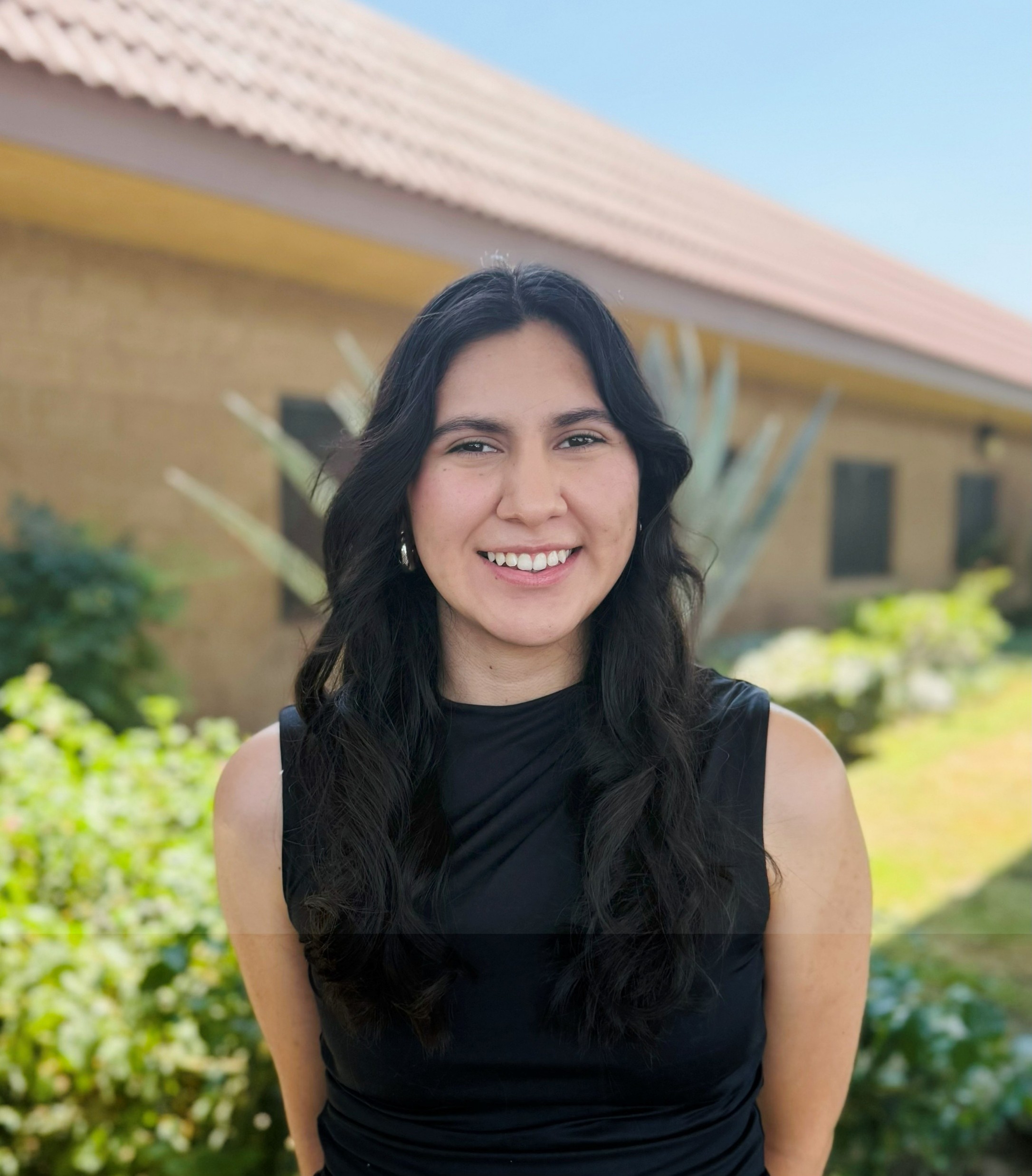
Monique Velasco
Monique Velasco is currently pursuing her Bachelors in Environmental Health Science at CSUSB and in an Accelerated program to receive her Electrocardiogram Technician Certification (EKG Tech) Her research interest is to working with diseases as well as microbiology.

Mahmood Nikbakhtzadeh, PhD, MS
Assistant Professor, California State University, San Bernardino
Adjunct Assistant Professor, San Diego State University
Dr. Mahmood Nikbakhtzadeh is a faculty member and the Environmental Health Science (EHS) Program Coordinator at CSU San Bernardino. Trained as a Medical Entomologist and Chemical Ecologist, he completed his postdoctoral research at The Ohio State University, focusing on mosquito chemical ecology and behavior. His professional background includes serving as a scientist at UC Davis and as a vector biologist for the state of Vermont. He also holds an adjunct assistant professor position at San Diego State University’s School of Public Health. Dr. Nikbakhtzadeh’s research, supported by both internal and external funding, investigates the effects of agrochemicals on mosquito behavior, development, survival, physiology, and fitness related to pathogen transmission. His diverse educational and fieldwork experiences across the Middle East, Africa, Europe, and the United States bring a valuable global perspective to his students.
"Advancing training through a medical and veterinary entomology course"

Kelsey Lyberger, PhD
Assistant Professor, Arizona State University
Dr. Kelsey Lyberger is a quantitative ecologist who uses experimental, theoretical, and computational approaches to understand how species adapt to environmental change, with a focus on mosquitoes and vector-borne diseases. She is co-leading the development of a new hands-on course in medical and veterinary entomology.
● MENTORED RESEARCH FOR STUDENTS AND POSTDOCTORAL SCHOLARS
"Evaluating the Effectiveness of Area-Wide and Targeted Sterile Insect Release (SIT) for Aedes aegypti Control: Integrating Field Data and Simulation Approaches"
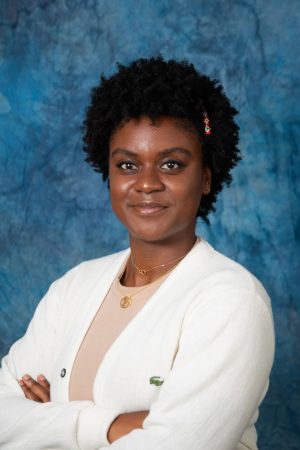
Gaëlle Tatiana Sehi, MPH
Gaëlle Tatiana Sehi is an Ivorian PhD student in the public health department at the University of California, Irvine. She has a Bachelor of Science in biochemistry and biology, and a Master of Public Health in epidemiology. Gaëlle is passionate about raising awareness and educating populations about infectious diseases. Her research interests lie in understanding the ecology of vector-borne diseases, remote sensing, and healthcare accessibility, with a focus on spatial epidemiology, infectious diseases, and maternal & child health in West Africa.
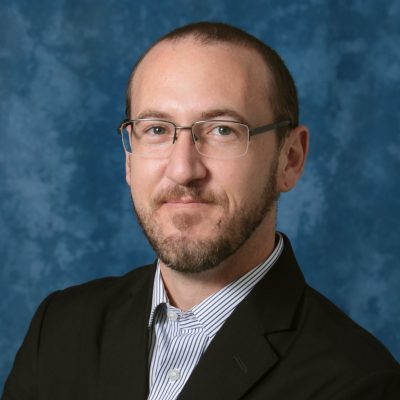
Daniel M. Parker, PhD
Associate Professor, University of California, Irvine
Dr. Daniel Parker is an associate professor in public health at the University of California in Irvine. His lab works on the spatial epidemiology and medical geography of infectious diseases. Research in his lab focuses primarily on geographic and environmental correlates of infectious diseases, and the majority of Dr. Parker’s work has focused on vector-borne diseases in Southeast Asia.
"Haplotypic Basis of Pyrethroid Resistance in California Aedes aegypti "

Dylan Moc
Dylan Moc is currently an undergraduate student at the University of California, Riverside, pursuing a bachelor's degree in biology. Passionate about public health and infectious disease research, he has been volunteering in Dr. Cosme's lab for the past six months, where he contributes to the analysis of global Aedes aegypti genomic data. Upon graduating from UCR, Dylan hopes to attend medical school, where he will further his career in public health and disease prevention, with a focus on vector-borne diseases.
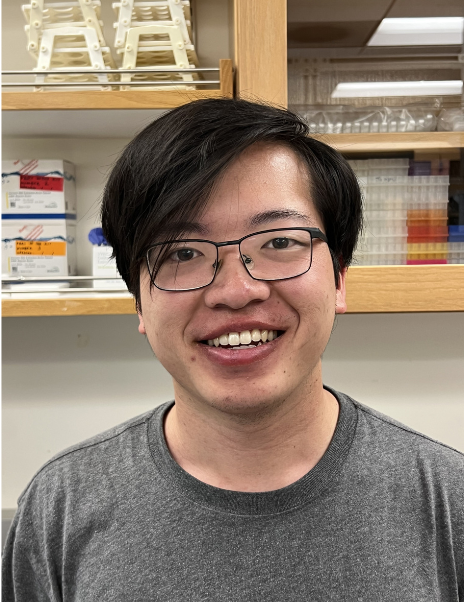
Bryan Nguyen
Bryan Nguyen is currently an undergraduate student at the University of California, Riverside, pursuing a bachelor's degree in biology. Interested in public health and disease prevention, he has been working in Dr. Cosme's lab for the past six months analyzing a 600 Aedes aegypti whole-genome sequencing dataset as part of his honors capstone project. Upon graduating from UCR, Bryan hopes to attend medical school, where he will further his career in public health and vector-borne disease prevention.
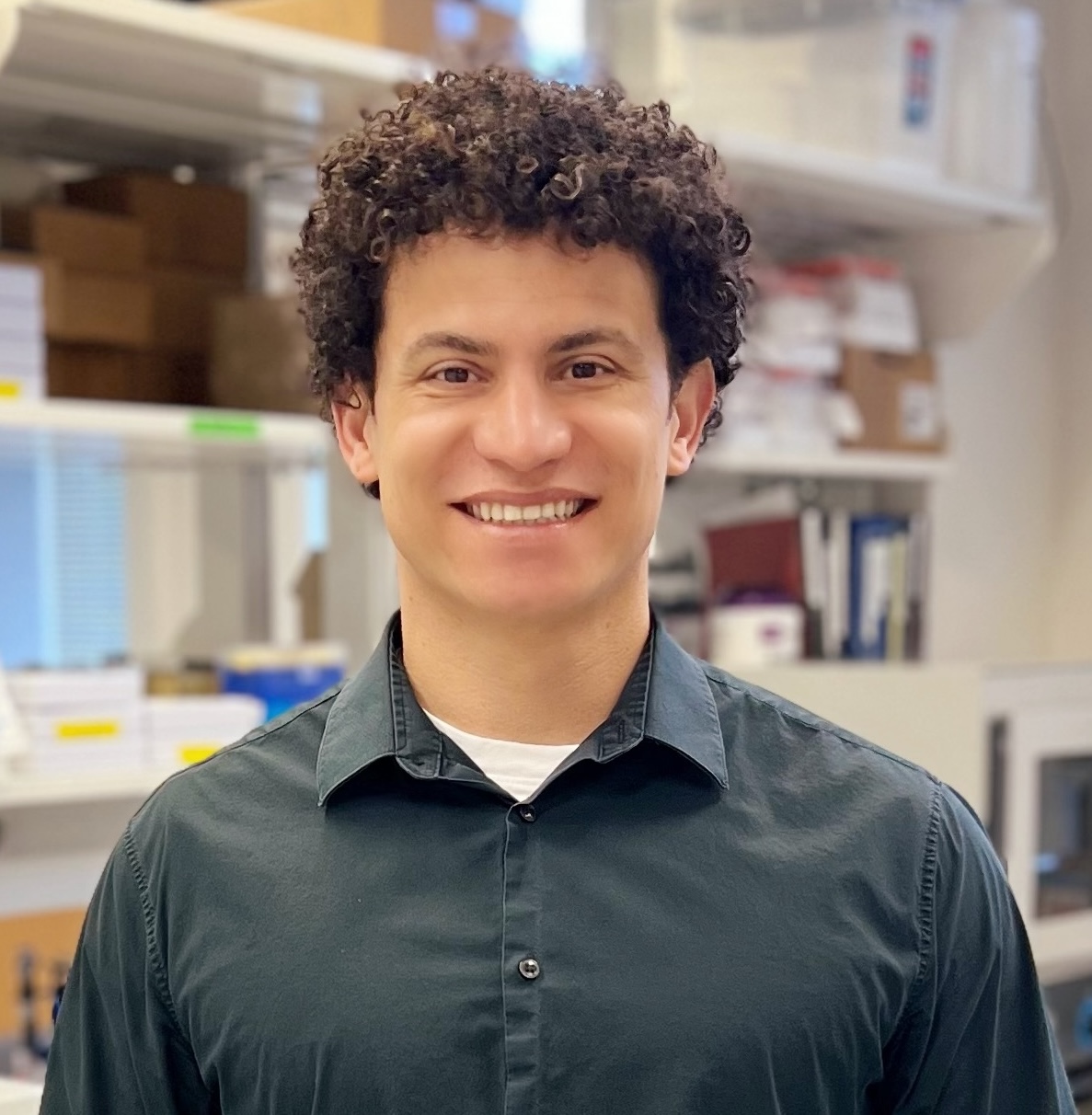
Luciano Cosme, PhD
Assistant Professor, Department of Entomology, University of California, Riverside
Dr. Luciano Cosme is an assistant professor in the Department of Entomology at UC Riverside, where he leads research on the genetic foundations of traits that enable mosquito populations to transmit arboviruses successfully. He earned his PhD in Entomology from Texas A&M University and completed postdoctoral training at Yale University, where he developed expertise in population genomics and genome-wide association studies (GWAS).
Dr. Cosme’s research focuses on three critical characteristics in mosquito species that vector dengue, Zika, chikungunya and other arboviruses: vector competence (the ability to acquire, maintain, and transmit viruses), photoperiodic diapause (the adaptation that enables rapid geographic expansion during overwintering), and insecticide resistance (survival against chemical control agents). Using genomic approaches, his lab analyzes genetic variation in both wild-caught populations and controlled laboratory experiments to map the genetic architecture underlying these traits.
His work aims to translate fundamental genetic discoveries into practical surveillance tools and targeted control strategies that can reduce the transmission of arboviral diseases. Dr. Cosme is particularly interested in understanding how natural selection maintains genetic variation in wild mosquito populations and leveraging this knowledge to develop innovative approaches for vector monitoring and control.
"Reducing Tick Exposure in Native American Communities in Northern California"

Patricia Torres
Patty Torres has B.S. in Wildlife Management and Conservation from Cal Poly Humboldt. She currently pursuing a PhD in Integrative Conservation at the University of Georgia. Her research focuses on the intersection of human, animal, and environmental health, with a particular interest in how environmental conditions and cultural practices influence the risk of vector-borne diseases. Her work integrates ecological, epidemiological, and social science approaches to improve public health outcomes in underserved communities.

Mourad Wisam Gabriel, MS, PhD
Co-Director and Co-Founder, Integral Ecology Research Center
Dr. Mourad Wisam Gabriel is Co-Director of the Integral Ecology Research Center, the first woman- and minority-founded nonprofit conservation research organization in Northwestern California. His research focuses on the impacts of infectious and non-infectious agents on wildlife, environmental, and human health. Dr. Gabriel mentors students, interns, and staff, promoting a transdisciplinary approach to ecosystem, animal, and human health. He is committed to fostering collaboration to advance conservation science beyond individual disciplines.
"Evaluating Pyrethroid Resistance in the Invasive Mosquito Aedes Aegypti in Madera, CA "
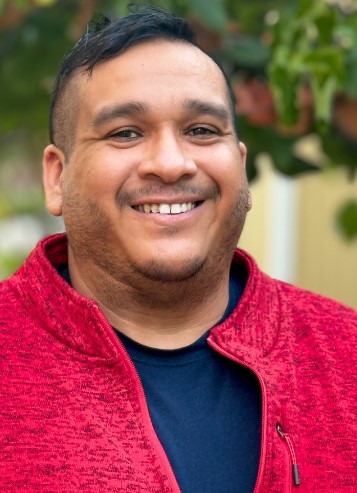
Matthew Hernandez
Matthew Hernandez is currently pursuing a Master of Science in Biology at California State University, Fresno. His research focuses on investigating the relationship between pyrethroid resistance and heat shock protein (HSP) expression in the invasive Aedes aegypti mosquito population in Madera, CA. Following the completion of this project, Matthew plans to pursue a Ph.D. with a focus on public health and vector control biology.
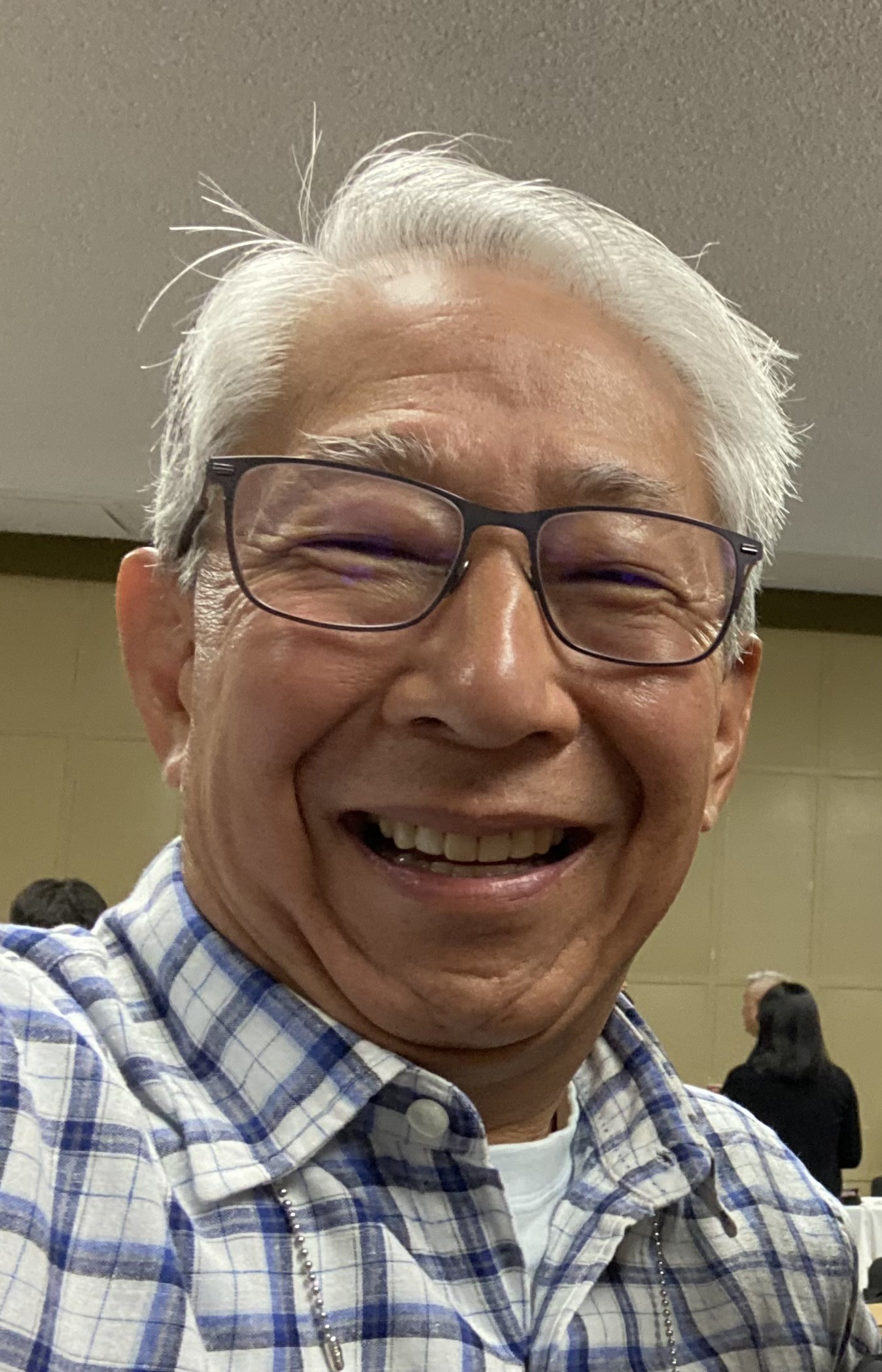
Brian Tsukimura, PhD
Professor, California State University, Fresno
Professor Brian Tsukimura is an ecophysiologist that examines thermal stress on reproduction. Using both protein and molecular means to examine stress on yolk protein (vitellogenin) synthesis. Dr. Tsukimura was trained as a reproductive endocrinologist at the University of Hawaii, Manoa, using crustacean model organisms. Currently, his research examines the effects of thermal stress on the anomuran porcelain crab, Petrolisthes cinctipes and its potential transduction of climate change onto its sister species Petrolisthes manimaculus. In addition, The Tsukimura lab has been conducting long term studies of the invasive Chinese mitten crab in the San Francisco Bay-Delta system.
TRAINING GRANT PROGRAM
PacVec’s training grant program intends to provide career development opportunities for individuals interested in public-health-relevant research on vector-borne diseases and to enable additional research and training opportunities that will contribute to the development of the public health workforce.
The Pacific Southwest Regional Center of Excellence in Vector-Borne Diseases is supported through Cooperative Agreement Number 1U01CK000649 between the Centers for Disease Control and Prevention (CDC) and the University of California, Davis.
© 2026 – All rights reserved